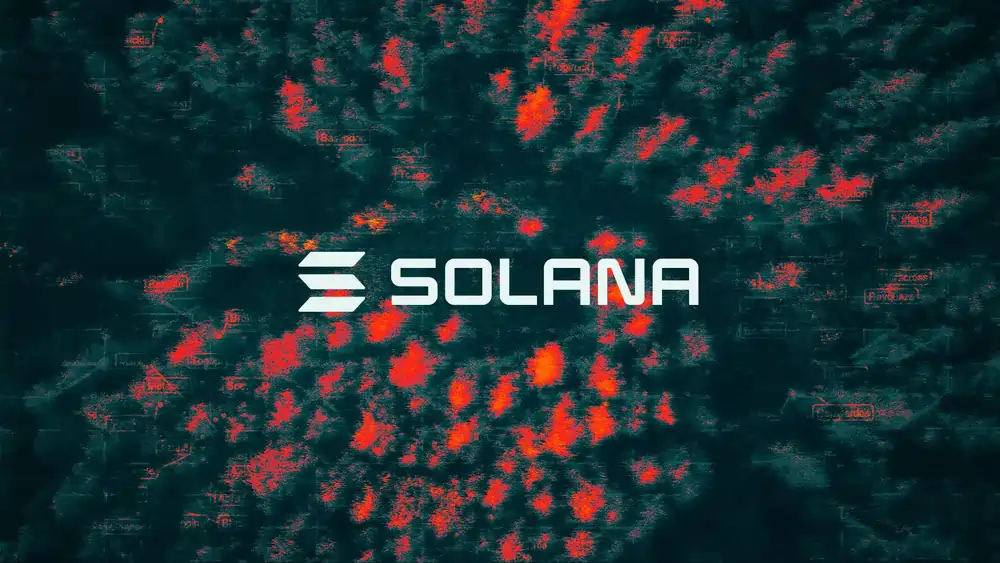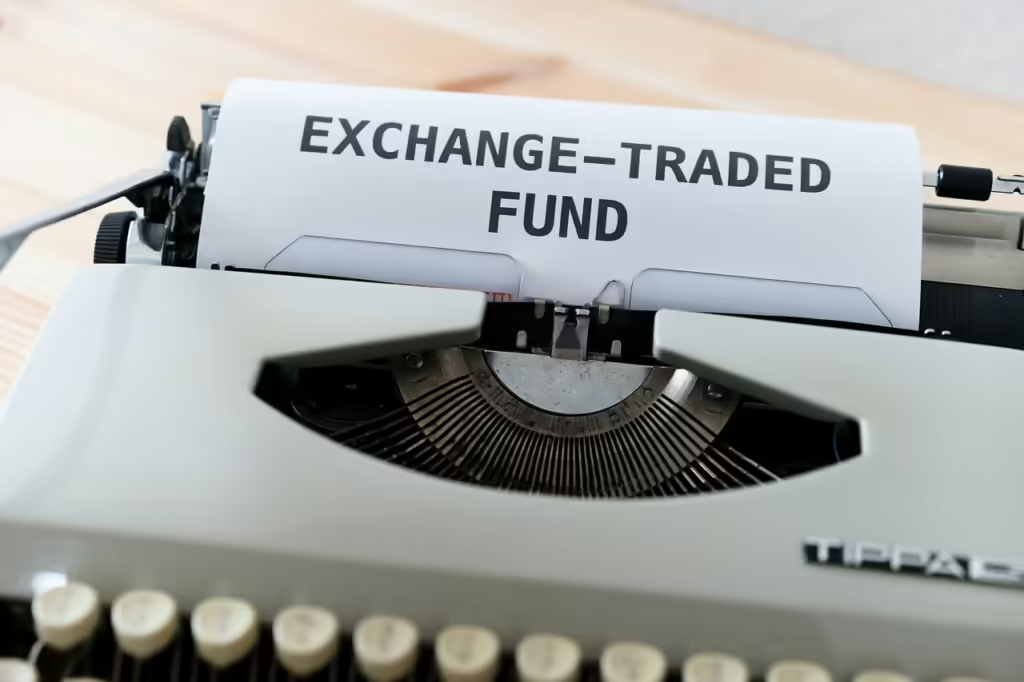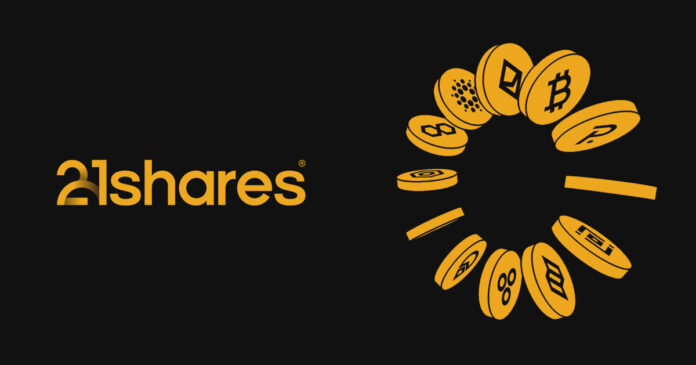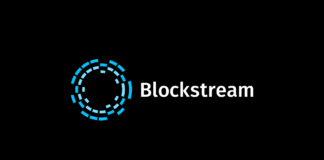21Shares, a leading crypto asset manager, has officially filed for a Solana ETF with the U.S. Securities and Exchange Commission (SEC). This has made 21Shares second company to file for Solana ETF after Van Eck.
This development marks a significant milestone in the ongoing efforts to bring cryptocurrencies into the mainstream financial landscape. As the crypto industry continues to evolve, the introduction of Solana-based ETFs could pave the way for broader adoption and recognition of Solana as a valuable digital asset, offering investors, builders, and entrepreneurs alternative investment opportunities.
Solana has emerged as a formidable contender in the blockchain ecosystem, challenging the dominance of established platforms like Ethereum. The network’s impressive performance in terms of scalability, speed, and low transaction costs has garnered significant attention from both retail and institutional investors.
According to a recent report from GSR, a leading digital asset market maker, Solana has outpaced the next closest digital asset by a large margin and was the only other cryptocurrency besides Ethereum to have positive scores for both decentralization and demand. This data suggests that Solana has firmly established itself alongside Bitcoin and Ethereum as one of the market’s three biggest assets.
Related Read: Solana’s Stablecoin Volume Plummets to $7 B from $100 Billion
The Race for Solana ETF Approval

The filing of a Solana ETF by 21Shares comes shortly after VanEck, another prominent asset manager, submitted a similar application with the SEC. This move underscores the growing institutional interest in providing investors with exposure to the Solana ecosystem through regulated investment vehicles.
Matt Sigel, VanEck’s Head of Digital Assets Research, highlighted the company’s confidence in Solana’s potential, citing the blockchain’s scalability, speed, and low costs as key factors driving their decision to pursue a Solana ETF. Sigel also noted that Solana’s native token, SOL, serves as a means of payment for transaction fees and computing services on the network, similar to the roles of Bitcoin and Ethereum in their respective ecosystems.
Solana’s technological advancements have been a key driver of its growing popularity among developers and investors. The network’s ability to process thousands of transactions per second at low fees, coupled with its secure mechanism based on proof-of-history and proof-of-stake, has made it an attractive option for a wide range of applications.
Solana’s open-source blockchain software is designed for scalability, speed, and cost-efficiency, offering an enhanced user experience across various use cases, including payments, trading, gaming, and social interactions. This versatility has contributed to the platform’s vibrant ecosystem, attracting a diverse range of projects and users.
Related Read: Optimism Superchain: Ambitious Plans to Welcome Layer-3 Protocols, Redefining the Future of Ethereum Scaling Solutions
Regulatory Considerations and Solana’s Classification

One of the critical considerations in the approval of a Solana ETF is the SEC’s stance on the classification of the network’s native token, SOL. VanEck’s Matt Sigel has argued that SOL should be treated as a commodity rather than a crypto security, as it serves as a means of payment for transaction fees and computing services on the Solana blockchain.
This distinction could hold significant implications for the regulatory approval process, as the SEC’s treatment of digital assets as securities or commodities can have a substantial impact on the compliance requirements and the overall path to market for Solana-based investment products.
Institutional Adoption and Mainstream Integration
The filing of Solana ETFs by industry heavyweights like 21Shares and VanEck underscores the growing institutional appetite for exposure to the Solana ecosystem. As traditional investment vehicles become more accessible, it is expected that a wider range of investors, both retail and institutional, will gain exposure to Solana, further driving its mainstream integration.
This increased institutional involvement could also lead to enhanced liquidity, price stability, and broader recognition of Solana as a viable alternative to established blockchain networks. Additionally, the availability of Solana ETFs may attract new developers, entrepreneurs, and projects to the Solana ecosystem, further expanding its reach and capabilities.
Regulatory Landscape and the Role of Policymakers
The approval of Solana ETFs will ultimately depend on the regulatory climate and the stance taken by policymakers. As the crypto industry continues to evolve, the SEC and other governing bodies will play a crucial role in shaping the future of digital asset investment products.
Experts have highlighted the potential impact of upcoming elections and changes in administration on the regulatory landscape. The 2024 U.S. presidential election, in particular, could be a significant factor, as crypto regulation is expected to be a key issue in the race for the White House.













